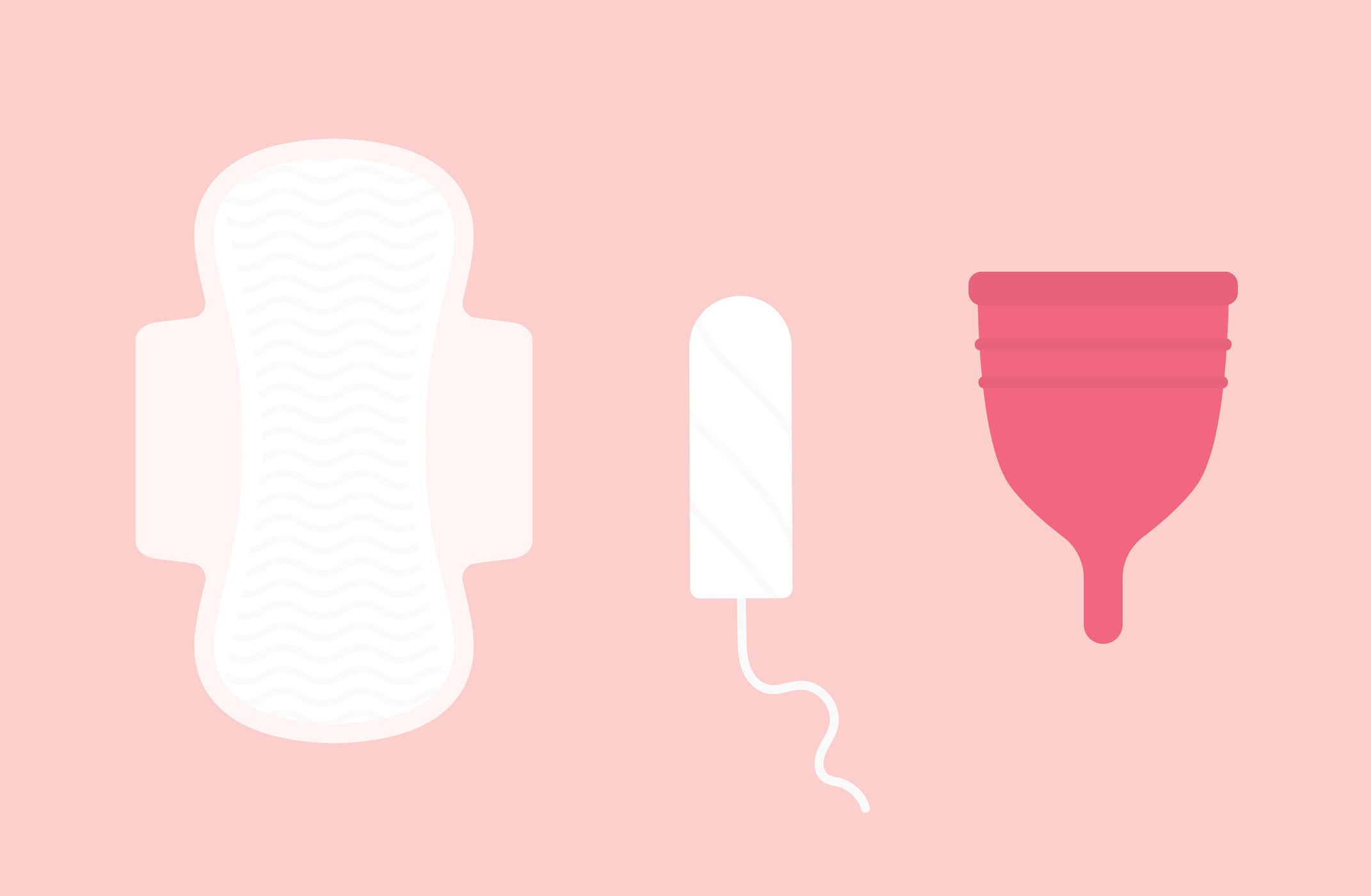Toxins in tampons suggest need for FDA testing, says expert

July 23, 2024—In light of new findings that multiple tampon brands contain toxins like lead and arsenic, the Food and Drug Administration (FDA) should consider stricter monitoring of tampons and other menstrual products, says Harvard T.H. Chan School of Public Health’s Shruthi Mahalingaiah.
Mahalingaiah is an assistant professor of environmental, reproductive, and women’s health in the Department of Environmental Health. She was not involved in the study, in which researchers tested 30 tampons from 14 brands popular in the U.S. and Europe for toxins including arsenic, cobalt, copper, iron, mercury, nickel, lead, and zinc. The study, published in Environmental International on June 22, found that every single tampon contained some level of toxins.
“I believe that a prudent FDA would require product testing and ongoing surveillance for tampons for not only toxic metals but other potentially harmful substances,” Mahalingaiah said in a July 11 Everyday Health article. “It is possible that tampons may be recalled—no one wants arsenic, mercury, or lead exposure to their reproductive organs.”
Given past research that found toxins in period underwear and in packaging for tampons and pads, Mahalingaiah said that other menstrual products should also undergo federal testing and surveillance. “There may be exposures in different menstrual products—so until we have improved exposure assessment and absorption studies for menstrual products, I won’t be able to answer the question of what is the safest option,” she added.
She noted, however, that menstrual cups haven’t been linked to toxins, making those a good alternative for those concerned about using tampons.
Read the Everyday Health article: What You Need to Know About Toxins in Tampons
Image: iStock/chrupka


